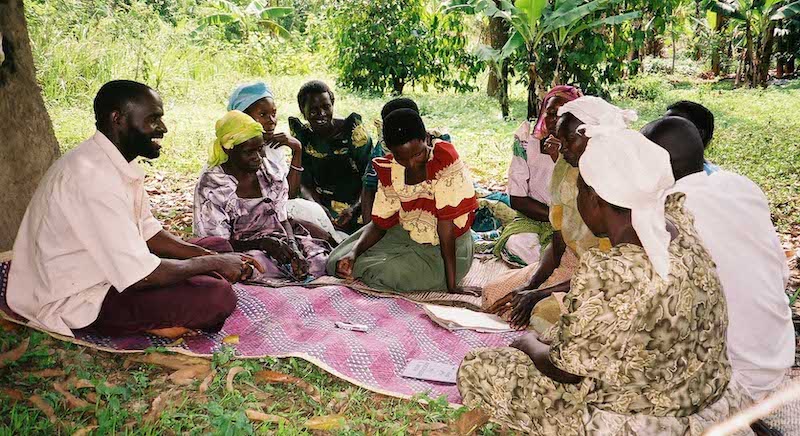Check out the week’s climate solution stories in research, energy, finance, and more. Share your thoughts with us in the comments, and any additional inspiring stories you’ve come across.
Study highlights 6 tools for decolonizing climate research
Under western colonialism, ends-over-means thinking has often led to “solutions” that come at the expense of Indigenous peoples and local communities. A new open-access paper published in Ambio proposes six policy instruments that, when used together, can help decolonize climate research and planning. The paper recommends practices that ensure the process of reaching solutions is as just as the outcomes themselves. The practices include:
- Full consultation of Indigenous peoples and local communities in climate governance and research
- Free, prior, and informed consent on projects and activities that affect Indigenous peoples and local communities
- Recognition of customary law, including traditional cultural rules around land- and water- rights practices and territorial rights
- Intellectual property rights for Indigenous communities
- Indigenous data sovereignty
- Preservation and promotion of Indigenous languages
AI program keeps birds from colliding with wind turbines
German renewable research centre ZSW has gained recognition for its anti-collision system BirdRecorder, a “key instrument in facilitating the required development of wind energy without coming into conflict with wildlife conservation groups.” BirdRecorder uses a combination of artificial intelligence and machine learning to detect approaching birds in time to calculate their expected flight path and shut down the necessary wind turbines to avoid collisions. As soon as the identified bird leaves the intervention zone, the system receives a signal to resume normal operations.
Accelerator program helps bridge funding gap for circular ventures in Amsterdam
In response to Amerstam’s commitment to become a circular economy by 2050, two local orgs launched Amsterdam Circular – a program to foster the talent that will help the city reach its goal. The two-month financing program is designed to support cohorts of early stage circular ventures, providing workshops, training, and mentoring sessions that lead to an Investors Day connecting the startups with key stakeholders in their sectors. “This program exists to help founders fund their vision for a circular future.”
Additional Solution Stories:
- Digital twin project aims to decarbonize UK’s transportation infrastructure
- Startup brings affordable solar energy to under-grided Nigerian businesses
- Open-source risk model helps countries better prepare for tropical cyclones
- Free online database supports women and minority-owned solar companies
- Free mapping tool provides data on 1000 solar projects in Portugal
- Projects in Brazil’s Caatinga biome combine conservation and climate adaptation
- Cubesat imagery helps scientists measure tree behavior

